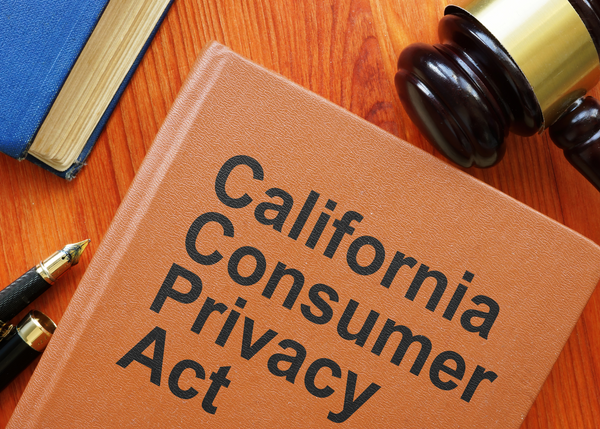In August 2022, the California Office of Attorney General (OAG) issued its first fine for California Consumer Privacy Act (CCPA) violations. The OAG sued cosmetics retailer Sephora, in part for failing to provide consumers with a “Do Not Sell My Personal Information” link and continuing to sell information to third parties after consumers had opted out via General Privacy Controls (GPCs). Sephora entered into a $1.2 million settlement agreement with the OAG.
Many organizations are preparing to comply with the California Privacy Rights Act (CPRA), which goes into effect Jan. 1, 2023, with enforcement to begin on July 1, 2023. However, California AG Rob Bonta made it clear that his office is enforcing the existing CCPA. “I hope today’s settlement sends a strong message to businesses that are still failing to comply with California’s consumer privacy law. My office is watching, and we will hold you accountable,” he said in a statement.
Although the CCPA is state legislation, it has global reach. It applies to any covered business that collects data from California residents — regardless of where the business is physically located. Other states are also following the California model. Colorado, Connecticut, Utah and Virginia have enacted data privacy laws, and at least 38 other states introduced consumer privacy legislation.



